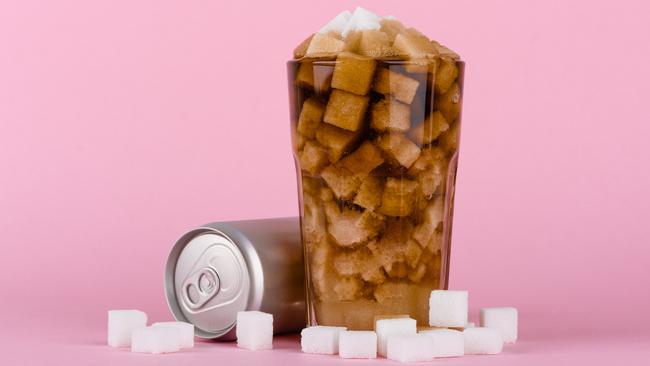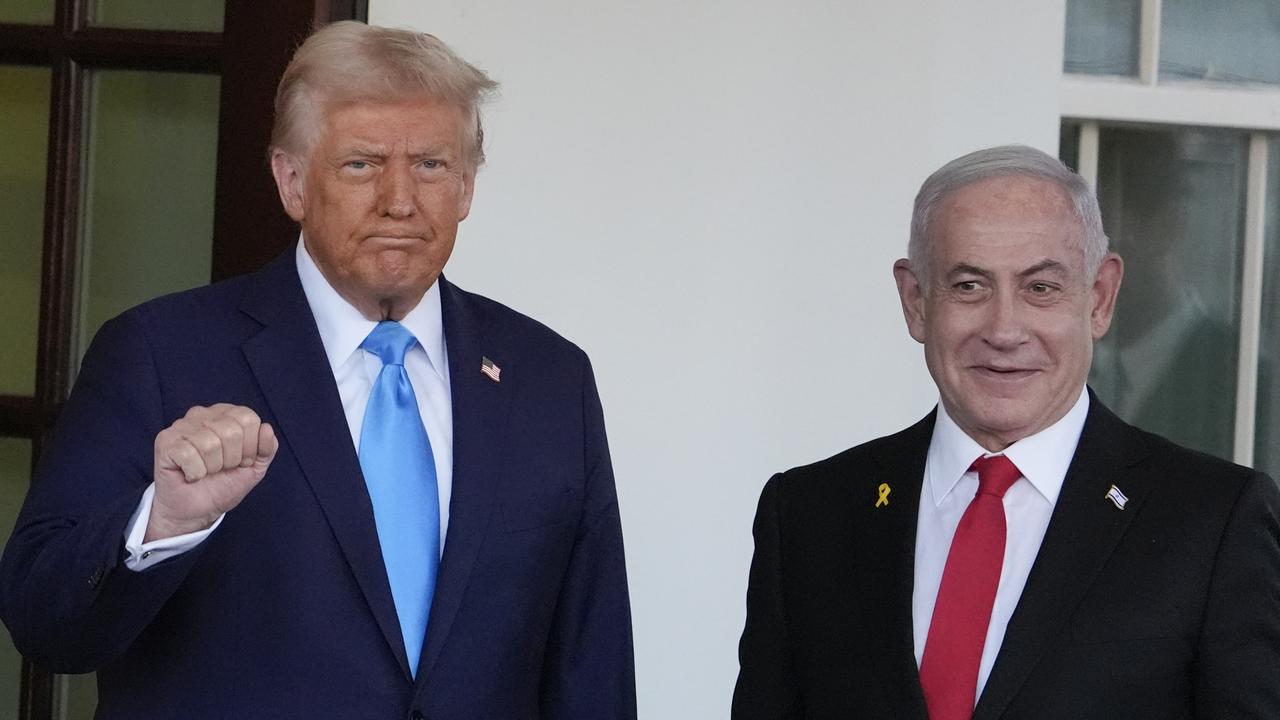
It is that time of year. Many of us are in a state of physical remediation, post-Christmas indulgence. There was the binge and now there must be the purge. From feast then, now to famine. Dry January has replaced I Can’t Remember December.
A friend who has clambered aboard the expurgation train sent me a text, “Gee, this Dry January is really tough.” I received his missive on the third day of the new year.
Possibly with the theme of abstemiousness and pronounced difficulties in self-restraint surrounding us, the media has drawn attention to a Grattan Institute report of last year. The centre-left independent policy think tank recommended a sugar tax – a tax that is targeted at drinks that are high in sugar.
It is, the authors’ recommendations made clear, not designed as a revenue generator, although its modelling does include an estimated $500m injection into federal coffers.
Rather, the authors stated, the proposed tax was a means of deterring consumers from consuming drinks that are high in sugar while obliging manufacturers to reduce sugar levels in the production process across time.
The report recommended taxing drinks with the highest sugar contents. A three-tier scale of taxation was suggested. No tax would be levied on drinks with less than 5g of sugar per 100ml. Drinks that have between 5g and 8g of sugar per 100ml would be taxed at a rate of 20c a litre, while the upper levels of syrupy drinks having 8g or more per 100ml would be taxed at a rate of 60c a litre. The report recommended that a year’s notice be extended before implementation.
As it stands now, all of the popular soft drink brands on the market, excluding the sugar-free varieties, would fall into the highest tax rate.
It is not the first time the notion of a sugary drinks tax has been raised and it will not be the last. The Australian Medical Association supports a tax on sugary drinks, as does the Royal Australian College of General Practitioners.
The federal Labor member for Macarthur in Sydney’s west, Mike Freelander, a pediatrician turned politician, ran the numbers on a form of a sugary drinks tax through the Parliamentary Budget Office in June 2024. It is not, however, government policy, nor is it a policy that has been adopted by the opposition.
Sugar taxes of some form or other are in place in 117 countries across the globe.
The Global Obesity Observatory ranks Australia 58th among 200 nations for adult obesity and 51st in childhood obesity. Australian men alone are ranked 36th on the scale. In terms of adult obesity, we sit below that of our neighbour across the Tasman by some distance while the US, unsurprisingly, makes it into the top 10, sitting uncomfortably with South Pacific nations such as American Samoa (first), the Cook Islands (fourth) and Tonga (eighth) where obesity and type-2 diabetes have been endemic for decades.
In the global childhood obesity rates, Britain (86th) ranks well below that of Australia. A sugary drinks tax has been in place in the Old Dart since 2016. That could be considered as evidence enough to implement a sugary drinks tax here.
What has happened in Britain is close to what the Grattan Institute believes would occur here, where people – children and adults driven by price points have veered towards drinks with lower sugar contents. Eager to fill demand, manufacturers have ramped up production of low or zero sugar drinks while dropping the sugar content of some of their more saccharine brands.
There has been a 40 per cent drop in the sugar content of all soft drinks in Britain since the implementation of the tax.
A Cambridge University study suggests the sugar tax seems to have had a measurable effect on obesity levels, leading to an 8 per cent drop in obesity among a select group of girls in their final year of primary school. The report extrapolated the data to show a decline of obesity in that gender and age group of roughly 5000.
A joint Cambridge University and Glasgow University study shows almost 6000 children have been spared tooth extraction under anaesthetic since 2016. In broader health outcomes though, there’s not much to write home about.
Rates of obesity among adults and children have continued to rise in Britain, as have diagnoses of type-2 diabetes.
The obvious answer is that while sugar-laden soft drinks may be off the menu, sales of tasty fast-food burgers and the requisite fries upsized to include a small bucket of ice cream with a Crunchie wedged on top have continued apace.
Sugar is everywhere in modern diets. We can be careful, judicious with what goes into our mouths, scrutinise food labels in stores but there is almost no avoiding sugar. It can be done but it is, I’d suggest, a recipe for a deep unhappiness.
At a family function for Chinese New Year in 2024 I came across a relative, who had suffered a life-threatening heart attack, nibbling on a rice cake. His new diet was zero sugar and he hated it. I asked about his health but his only reply was: “Kill me now.” His demeanour was so sour, I felt obliged to assist there and then, but it would have made my attendance at his funeral awkward.
The bigger problem is that as we have become addicted to sugar, governments would quickly become addicted to the revenues a sugary drinks tax would raise.
The Grattan Institute’s well-intentioned tax proposal sought to change behaviours but any treasurer with a gleam in their eye would be left to tinker with it, turning it into a federal money spinner, offering the specious logic that jacking up the tax rates is in the national interest while shaming those of us who are a few hamburgers above our playing weight. One would have to be wilfully blind to Australia’s recent history of tax and excise hikes to think otherwise.



